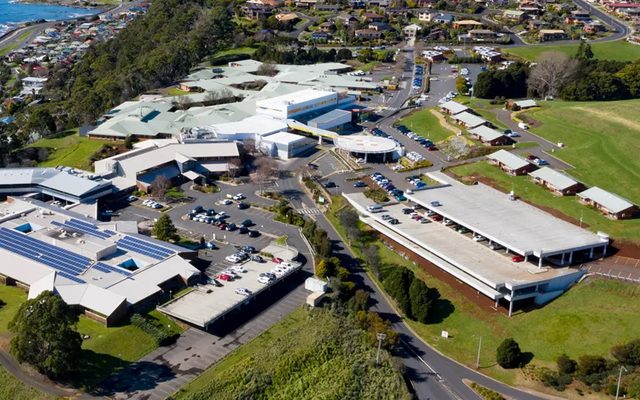This article is from the Australian Property Journal archive
THE outlook of four Australian retail REITS have been revised from stable to negative by S&P Global Ratings which said they have limited buffer to absorb the likely economic recession and depressed retail environment due to the covid-19 pandemic.
S&P has downgraded the ratings of GPT Wholesale Shopping Centre Fund, QIC Shopping Centre Fund, Scentre Group and Vicinity Centres from stable to negative, and the QIC Property Fund from positive to stable.
At the same time, it affirmed the ratings of AMP Capital Shopping Centre Fund and BWP Trust at stable, and the Australian Prime Property Fund Retail at negative.
S&P analyst Craig Parker said government measures to contain COVID-19 are particularly hurting industries that rely on discretionary consumer spending. These include domestic and tourist spending on leisure, high-end, and “experience-based” retail.
“The large flagship assets that house these retail businesses are predominantly owned by rated retail REITs. The rental income in these centres rely on high customer visitation to support their experience-based offerings.
“However, retail is progressing to a complete shutdown driven by social distancing and mandatory closure requirements implemented by state and federal governments. To date, the total number of store closures in Australia from major retailers is about 7,700,” Parker said.
“In addition, social interaction restrictions have forced retailers to close businesses temporarily and lay off staff. In response, the federal government has sought to provide financial assistance to employees via the “Job Keeper” supplement, which is designed to allow retailers to rehire these staff when the restrictions are eased.
“Still, retailers faced ongoing costs such as rent and staff wages,” he added.
The agency expects real GDP to grow 0.4% in Australia and 1% in New Zealand in 2020. In addition, retail landlords’ credit quality is weakening as tenants’ creditworthiness and capacity to pay contracted rents dramatically worsen.
S&P also does not expect significant insurance protection for real estate companies in the current circumstances, given common exclusions for “force majeure.”.
“Most property owners are temporarily easing payment terms. If rental concessions take place, we do not think they would extend to large retail chains given their more robust balance sheets. Property owners’ main aim will be to ensure that tenants remain financially viable once containment measures ease. We remain vigilant as to any sizable rental arrears that may be incurred due to the pandemic and the likelihood of their collectability beyond this period of business disruption,”
Parker said most REITs S&P rated can afford losses for about three months before breaching downgrade thresholds.
“We believe landlords are likely to seek government tax relief and reduce operating expenses to limit the earnings hit. We also expect them to put most noncommitted investments/developments and acquisition plans on hold.
“We expect EBITDA to decline due to a combination of various factors. These include rent deferral, rent forgiveness, lower renewal rates on current leases, and higher vacancies when the Australian and New Zealand economies begin to recover. In addition, vacancies may increase for rated REITs’ shopping centers if tenant defaults materially increase. However, given the rated REITs’ higher asset quality and solid market positions relative to the wider market, their shopping centers should benefit from a comparatively faster recovery in occupancy rates,”
Having said that, Parker said all Australian and New Zealand rated REITs have either strong or adequate liquidity, including sufficient cash and undrawn bank lines to meet bank and bond debt maturing over the next 12 months.
“We believe this reflects their more disciplined approach to liquidity management following the global financial crisis. These REITs are prudently managing capital spending and cancelling share buyback programs to weather the earnings fall in calendar 2020.
“We expect REITs to arrange additional banking lines, if needed, to enhance their liquidity positions and avoid any short-term refinancing risk. In addition, all REITs have indicated tight controls on operating costs and will curtail capital spending in 2020.
“Retail REITs’ EBITDA and funds from operations (FFO) could fall materially in calendar 2020, which could breach rating thresholds. Nevertheless, our focus will be on the rebound and ramp-up of foot traffic through the malls in 2021 and beyond,” he continued.
S&P warns it could lower the rating by one notch if rent deferrals depressed earnings such that FFO to debt weakened to sustainably below 9%.
“This scenario could arise due to sustained reduction of earnings because of a combination of lower portfolio occupancy, rental abatements, and negative rental reversions. Further rating pressure could arise from significant debt-funded development, a change in management’s operating strategy, or a shift to more aggressive financial policies. We would also consider a downgrade if the likely recession further weakens tenants’ credit quality, dampening Scentre Group’s business prospects over the next two to three years.”



